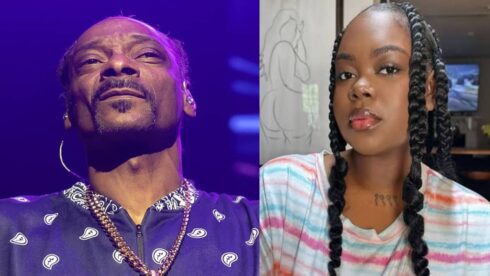Actress Olivia Munn has publicly shared details of a distressing experience she endured on a movie set, revealing how the Hollywood system responded after she reported it. Munn, known for her work in X-Men: Apocalypse and The Newsroom, recounted the incident in a candid interview, describing the emotional toll it took on her and the challenges she faced when seeking accountability.
Olivia Munn stated that after she reported the incident, she was met with industry pushback, including efforts to downplay her claims and pressure her into silence. The actress described the experience as “traumatic” not just because of the event itself but also due to the systemic barriers that made it difficult to seek justice. She noted that the entertainment industry often prioritizes reputation and profits over individual well-being, creating a hostile environment for those who dare to speak out.
A Seven-Figure Offer: Why Olivia Munn Walked Away From a Payout
In a striking revelation, Olivia Munn disclosed that the movie studio behind the project offered her a substantial settlement—reportedly in the seven-figure range—to resolve the matter quietly. However, the actress ultimately rejected the offer, explaining that accepting the money would have meant agreeing to silence. “It wasn’t about money,” Munn asserted. “It was about standing up for what’s right.”
By refusing the payout, Olivia Munn took a principled stand, choosing to keep her voice rather than allow the studio to bury her experience. The decision underscores the complex choices faced by victims in the entertainment industry, where settlements often serve as a means to avoid bad publicity rather than address the underlying issues. Munn’s choice to speak out sends a strong message about the importance of holding powerful entities accountable.
Hollywood’s History of Silence: The Systemic Challenges Victims Face
Olivia Munn’s experience is not an isolated incident but part of a broader pattern in Hollywood, where power dynamics often favor perpetrators over victims. Despite the progress made by the #MeToo movement, many actors, particularly women, continue to face significant hurdles when reporting misconduct. Fear of career retaliation, contractual constraints, and industry-wide complicity make it difficult for survivors to seek justice.
Industry insiders have long pointed out that settlements are frequently used to suppress allegations, allowing accused individuals and companies to continue operating without consequences. The lack of meaningful structural change within Hollywood means that many cases never come to light, leaving victims without support and perpetrators unchecked. Munn’s decision to reject the settlement challenges this norm and brings renewed attention to the need for systemic reform.
The Cost of Speaking Out: Backlash and Industry Repercussions
Since going public with her experience, Munn has faced both support and criticism. While many fans and fellow actors have praised her bravery, others have accused her of damaging the industry by speaking out. The backlash highlights a persistent issue in Hollywood: victims who come forward often face professional and personal repercussions, making it harder for others to follow suit.
Despite the risks, Munn remains committed to advocating for change. She has emphasized that the industry must move beyond performative activism and implement real protective measures for actors and crew members. The actress has also urged major studios to adopt policies that prioritize victims’ voices over corporate interests.
Legal and Cultural Implications: What Needs to Change in Hollywood?
Munn’s story raises important legal and ethical questions about how Hollywood handles workplace misconduct. While high-profile cases have led to some reforms, including the introduction of intimacy coordinators and stronger anti-harassment policies, many argue that these measures are not enough. Legal experts point to the need for independent oversight and more robust whistleblower protections to prevent studios from covering up allegations.
Culturally, the entertainment industry must shift its approach to handling complaints. Instead of silencing victims through settlements, studios should foster a safer work environment where individuals feel empowered to report wrongdoing without fear of retaliation. Munn’s case serves as a crucial reminder that true change requires more than just public statements—it demands tangible action.
Olivia Munn’s Legacy: A Call to Action for Hollywood
By rejecting a lucrative settlement and sharing her story, Olivia Munn has positioned herself as a powerful advocate for change in Hollywood. Her decision not only sheds light on the industry’s troubling history of suppressing allegations but also inspires others to speak out against injustice.
As the conversation around workplace harassment and accountability continues, Munn’s courage sets a precedent for future generations of actors. Her call for transparency and systemic reform challenges Hollywood to move beyond damage control and towards meaningful progress. Whether the industry will listen remains to be seen, but one thing is certain: Munn’s voice will not be silenced.














